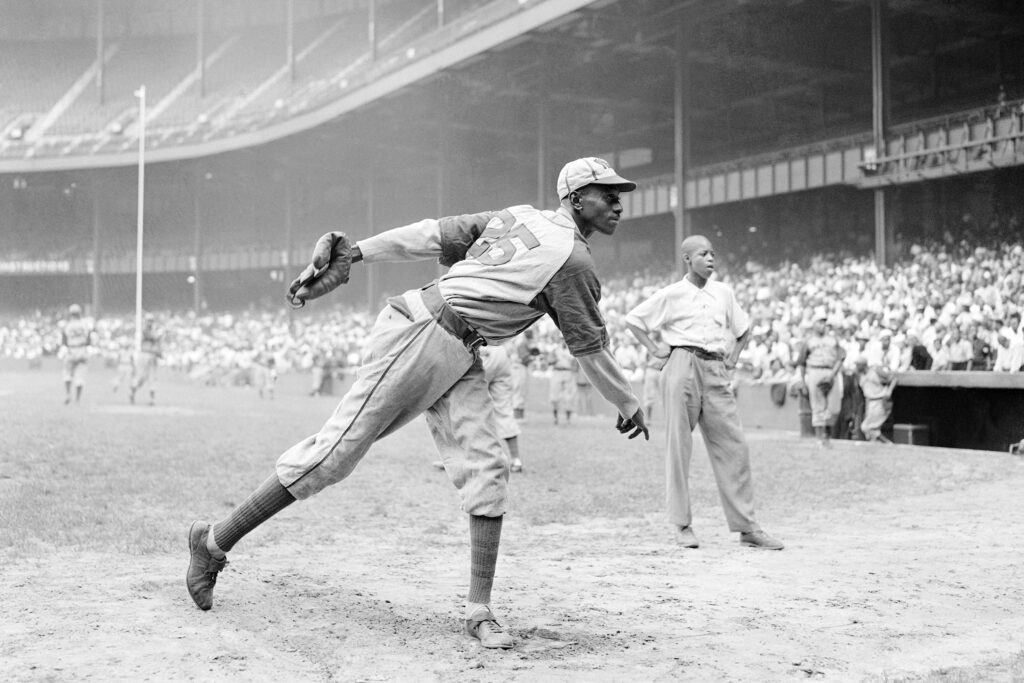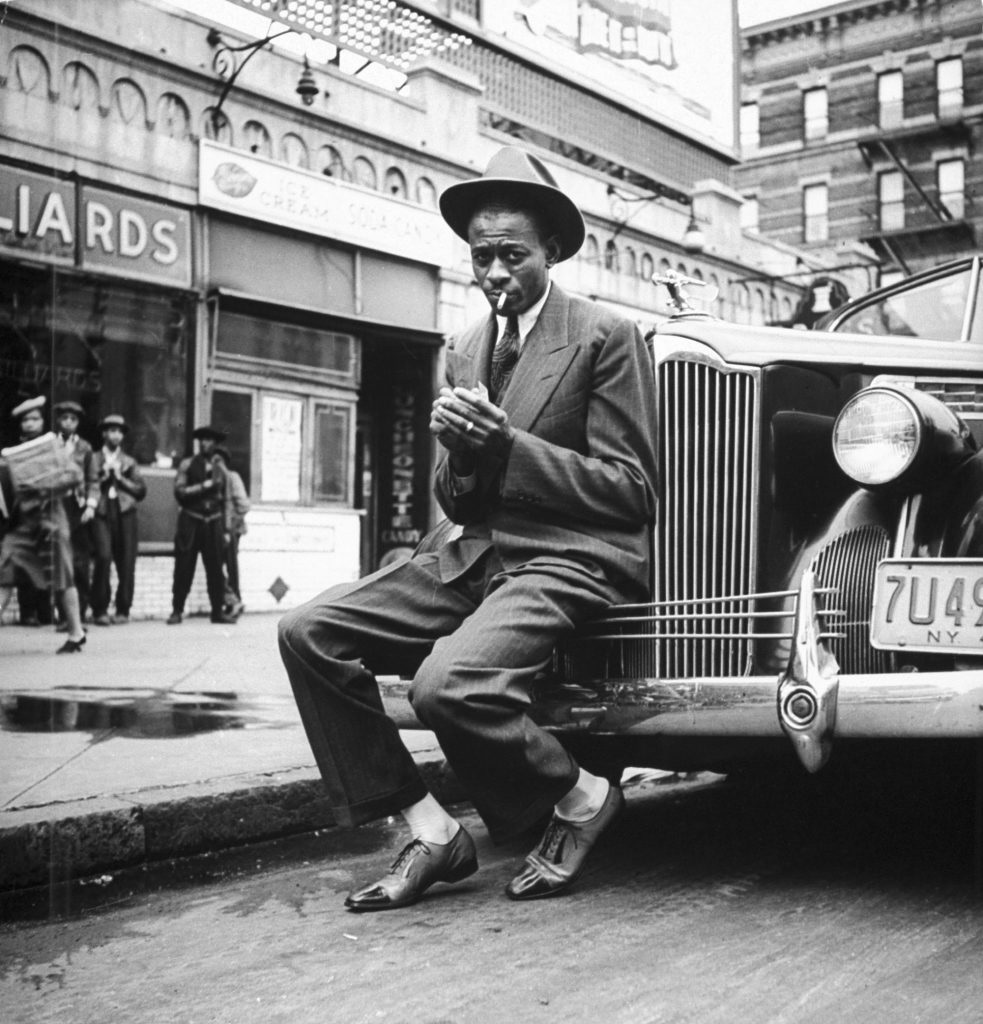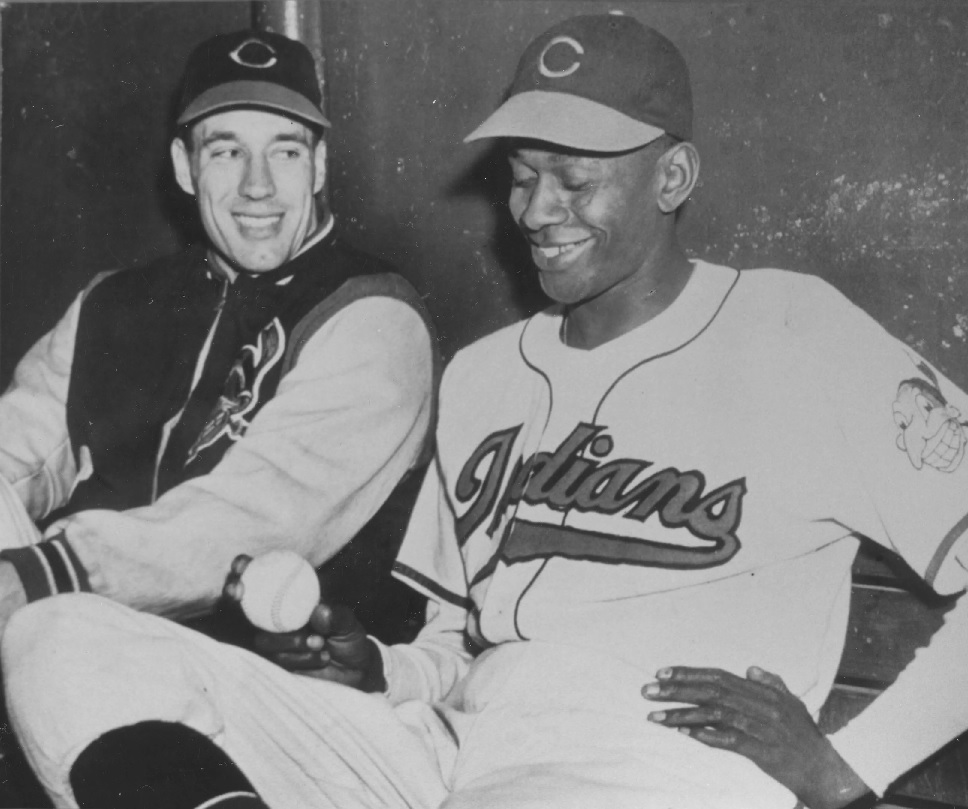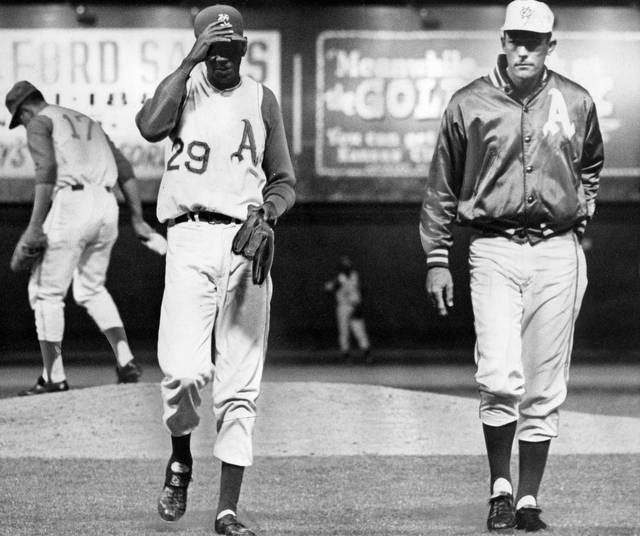Satchel Paige: Baseball’s Timeless Wonder
Leroy “Satchel” Paige is one of the most iconic and legendary figures in baseball history. His career spanned five decades, from the Negro Leagues to Major League Baseball, and his influence on the game transcended the confines of the ballpark. Known for his unparalleled skill on the mound, his charismatic personality, and his trailblazing role in the integration of baseball, Paige’s story is one of triumph, resilience, and a deep love for the game.

Early Life and Entry into Baseball
Though for many years the exact date of his birth was a mystery he liked to propel, it is now well documented that Leroy Robert Paige was born on July 7, 1906, in Mobile, Alabama. Growing up in a segregated South, Paige faced the harsh realities of racism and poverty. As a child, he earned the nickname “Satchel” after working at a train station, where he ingeniously crafted a device to carry multiple bags at once, earning extra money for his family. The nickname stuck, and soon “Satchel” Paige became known for his inventive spirit both on and off the field.
Paige discovered his love for baseball at a young age, honing his skills in local sandlots and semi-professional teams. His natural talent as a pitcher quickly became evident, and by his teenage years, he had developed a reputation as a formidable force on the mound. His unique pitching style, characterized by a high leg kick, a blazing fastball, and a variety of deceptive off-speed pitches, made him nearly unhittable.
In 1926, at the age of 20, Paige made his professional debut with the Chattanooga Black Lookouts, a Negro Southern League team. His performance was electrifying, and it wasn’t long before he caught the attention of the top Negro League teams.
Dominance in the Negro Leagues
Satchel Paige’s time in the Negro Leagues solidified his status as one of the greatest pitchers of all time. Over the next two decades, Paige played for several teams, including the Birmingham Black Barons, the Pittsburgh Crawfords, and the Kansas City Monarchs. His dominance on the mound was unparalleled, and he became the biggest draw in the Negro Leagues, with fans flocking to see him pitch.
Paige’s pitching repertoire was legendary. His fastball was said to be so fast that “it looked like a pea” to hitters, and he could make the ball “hop” with a wicked late break. But it was his off-speed pitches and pinpoint control that truly set him apart. Paige was a master of deception, using his wit and baseball intelligence to outthink and outmaneuver hitters. He famously named his pitches—such as “The Bee Ball” (“it be where I want it to be”) and “The Hesitation Pitch,” which baffled batters with its unexpected timing.
His performances became the stuff of legend. In one game, Paige reportedly struck out 22 batters, and in another, he allegedly pitched 29 straight scoreless innings. He once claimed to have pitched a game in which he told his outfielders to sit down because he was confident no one would hit the ball out of the infield—a story that, whether true or exaggerated, exemplifies Paige’s confidence and showmanship.
Paige’s time with the Kansas City Monarchs was particularly notable. He led the Monarchs to several Negro League championships and was a key figure in their dynasty of the 1930s and 1940s. His success on the field was matched by his charisma off it, and Paige became a national celebrity, known for his witty sayings, like “Don’t look back, something might be gaining on you,” and “Age is a case of mind over matter—if you don’t mind, it don’t matter.”
The Barnstorming Era
In addition to his Negro League play, Paige became famous for his barnstorming tours, where he would travel across the country pitching in exhibition games against various teams, including Major League players. These tours were immensely popular and helped to break down racial barriers in baseball, as they often featured integrated teams and drew large, diverse crowds.

Paige’s barnstorming adventures took him all over the United States, Latin America, and even to the Caribbean, where he played in Cuba, Puerto Rico, and the Dominican Republic. His international stints further enhanced his reputation as a global baseball superstar. During these tours, Paige often faced off against Major League stars like Joe DiMaggio, who later remarked that Paige was the greatest pitcher he had ever faced.
Despite his undeniable talent, Paige’s race prevented him from playing in the Major Leagues for much of his career. The color barrier in baseball, which excluded Black players from the Major Leagues, meant that Paige and other African American stars were relegated to the Negro Leagues and barnstorming tours. However, Paige’s influence on the game was undeniable, and his performances against white Major Leaguers during barnstorming games helped to change perceptions and pave the way for integration.
Major League Debut and Success
The color barrier in Major League Baseball was finally broken in 1947 by Jackie Robinson, who debuted with the Brooklyn Dodgers. By that time, Satchel Paige was 41 years old, an age at which most pitchers would have retired. However, Paige was not most pitchers, and his reputation and talent could not be ignored. In 1948, Cleveland Indians owner Bill Veeck, known for his willingness to challenge conventions, signed Paige to a Major League contract.

On July 9, 1948, Paige made his Major League debut for the Cleveland Indians, becoming the oldest rookie in MLB history at the age of 42. Despite his age, Paige immediately proved he could still compete at the highest level. He finished the season with a 6-1 record and a 2.48 ERA, helping the Indians win the American League pennant. Paige’s contributions were crucial in Cleveland’s run to the 1948 World Series, which the Indians won, making Paige a World Series champion.
Paige’s success in the Major Leagues defied all expectations. In 1952, at the age of 45, he posted a 12-10 record with a 3.07 ERA for the St. Louis Browns and was named to the AL All-Star team and finished 17th in the AL MVP voting. He was again selected as an All-Star in 1953, which would be his final full MLB season.
In 1965, at the age of 59, he returned to the Major Leagues for one night with the Kansas City Athletics. In three innings he allowed just one hit and no runs.
Considering that he was 42 years old when making his MLB debut, Paige’s career MLB stats of a 28-31 record, 3.29 ERA and 288 strikeouts are quite impressive and further cement his legend as one of the game’s most remarkable and enduring figures.
Legacy and Impact
Satchel Paige’s impact on baseball is immeasurable. He was not only one of the greatest pitchers of all time but also a trailblazer who helped pave the way for the integration of Major League Baseball. His success in both the Negro Leagues and the Major Leagues demonstrated that African American players could compete at the highest levels of the sport, challenging the racist assumptions that had kept them out of the Major Leagues for so long.
Paige’s influence extended beyond the field. He became a cultural icon, known for his wit, wisdom, and indomitable spirit. His sayings, often humorous and always insightful, became part of the American lexicon, reflecting his unique perspective on life and baseball. His larger-than-life personality made him a beloved figure, not just among African American fans but across the entire baseball community.
In 1971, Satchel Paige was inducted into the Baseball Hall of Fame, becoming the first player to be enshrined based primarily on his career in the Negro Leagues. His induction was a recognition of his extraordinary talent and his contributions to the game of baseball. It also served as a testament to the greatness of the Negro Leagues, which had been marginalized in the history of the sport.
Paige’s legacy continues to resonate in baseball today. He is remembered as a symbol of resilience, perseverance, and excellence. His story is a reminder of the barriers that once existed in the sport and the individuals who broke through them. Paige’s career is celebrated not just for his incredible achievements on the mound but also for the doors he opened for future generations of African American players.
The Final Word
In 2024, MLB announced that all statistics from the primary Negro Professional Leagues would become part of the official Major League Baseball record books. Paige’s official career statistics now stand at 124 wins, 82 losses, 44 saves, a career 2.73 ERA and 1,501 strikeouts in 403 games and 1,751.2 career innings.
However, we know those numbers are just a drop in the bucket over his professional career that spanned over 40 years. They do not include full seasons where he left the Negro Professional Leagues to earn larger paychecks playing for Negro and Integrated semi-pro teams in other parts of the country. He also spent many winters playing in Latin America and the Caribbean. Were records from all those games known and counted, he certainly would have posted career numbers on par with some of the greatest pitchers in Major League Baseball history.
Satchel Paige’s career is one of the most remarkable in the history of baseball. From his dominance in the Negro Leagues to his success in the Major Leagues at an age when most players have long since retired, Paige’s story is one of greatness, perseverance, and a love for the game that transcended the barriers of his time. He was a true baseball pioneer, whose influence on the sport is still felt today.
Paige’s legacy is a reminder that talent and determination can overcome even the most formidable obstacles. His contributions to baseball and his role in the integration of the sport have left an indelible mark on the game and on American history. Satchel Paige will forever be remembered as one of the greatest pitchers to ever take the mound, a legend whose impact on baseball will never be forgotten.


